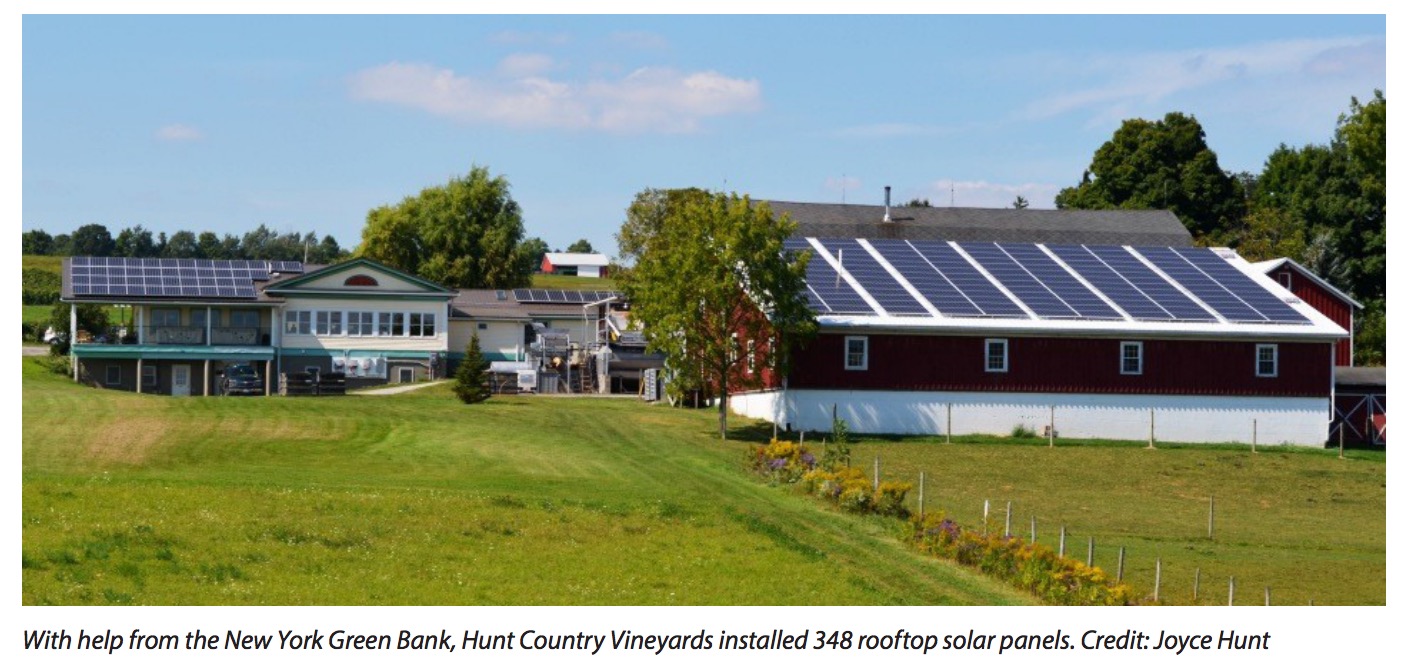
Fortunately, leading states continue to prove that curbing dangerous carbon pollution can reduce the risk of global warming and benefit local communities at the same time. The Northeast and Mid-Atlantic states have dramatically reduced dangerous power plant pollution, using tools including the Regional Greenhouse Gas Initiative, a policy that limits pollution over time and makes polluters pay for the privilege of using the sky for waste disposal. Much of the revenue is then invested in clean energy programs, which have boosted the regional economy by nearly $3 billion.
View this complete post...











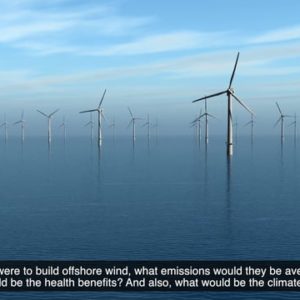
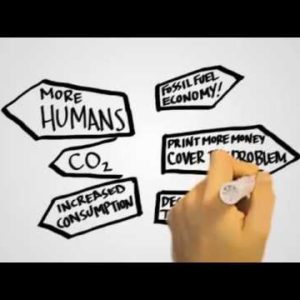


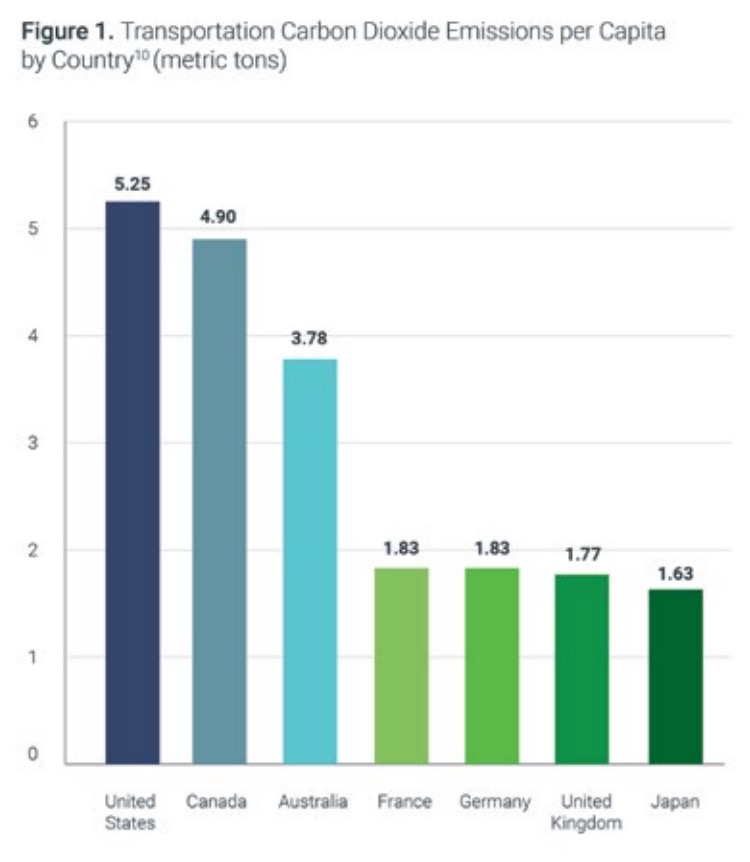
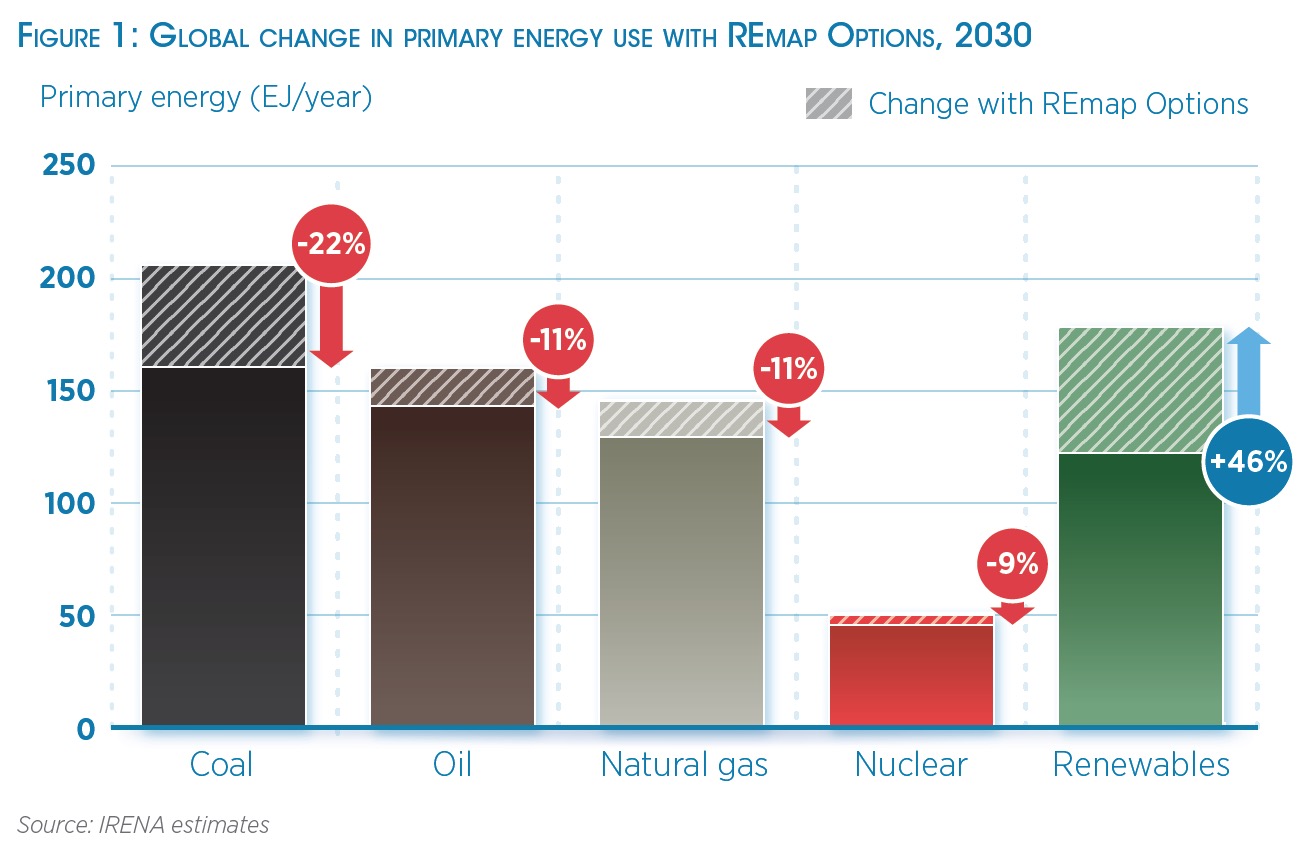

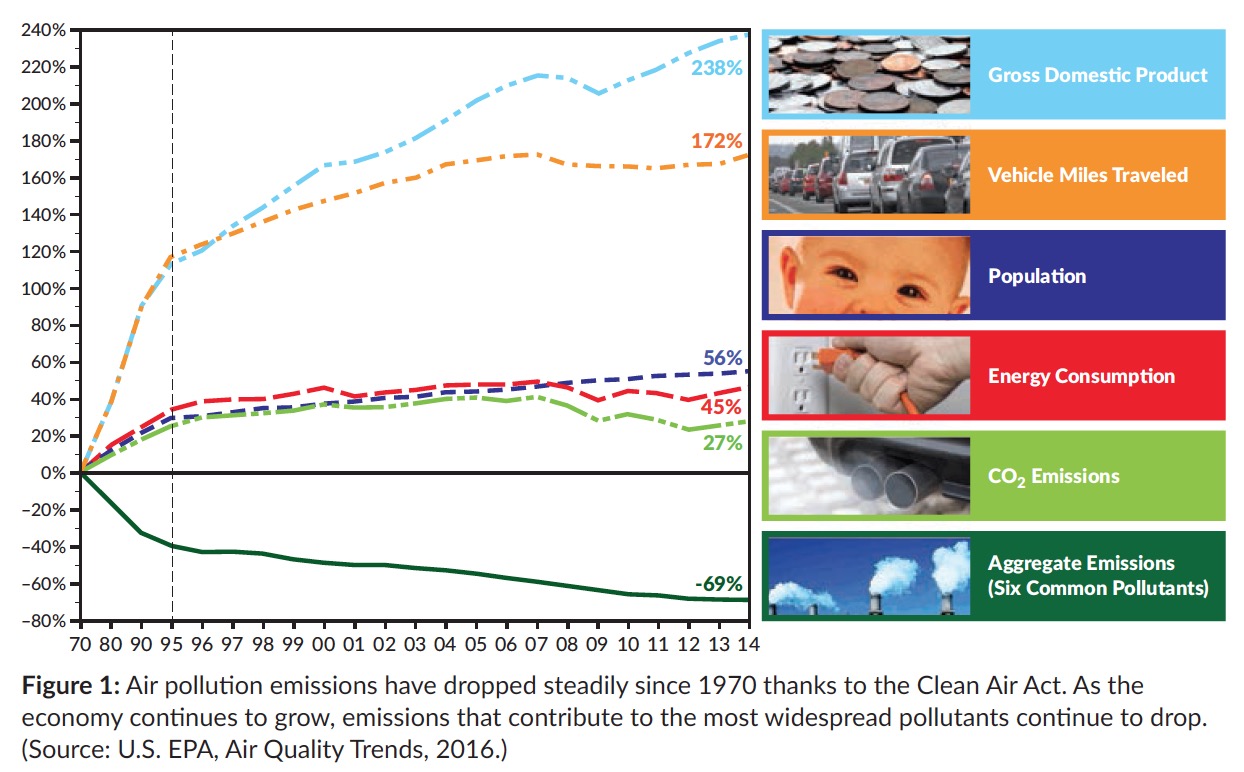
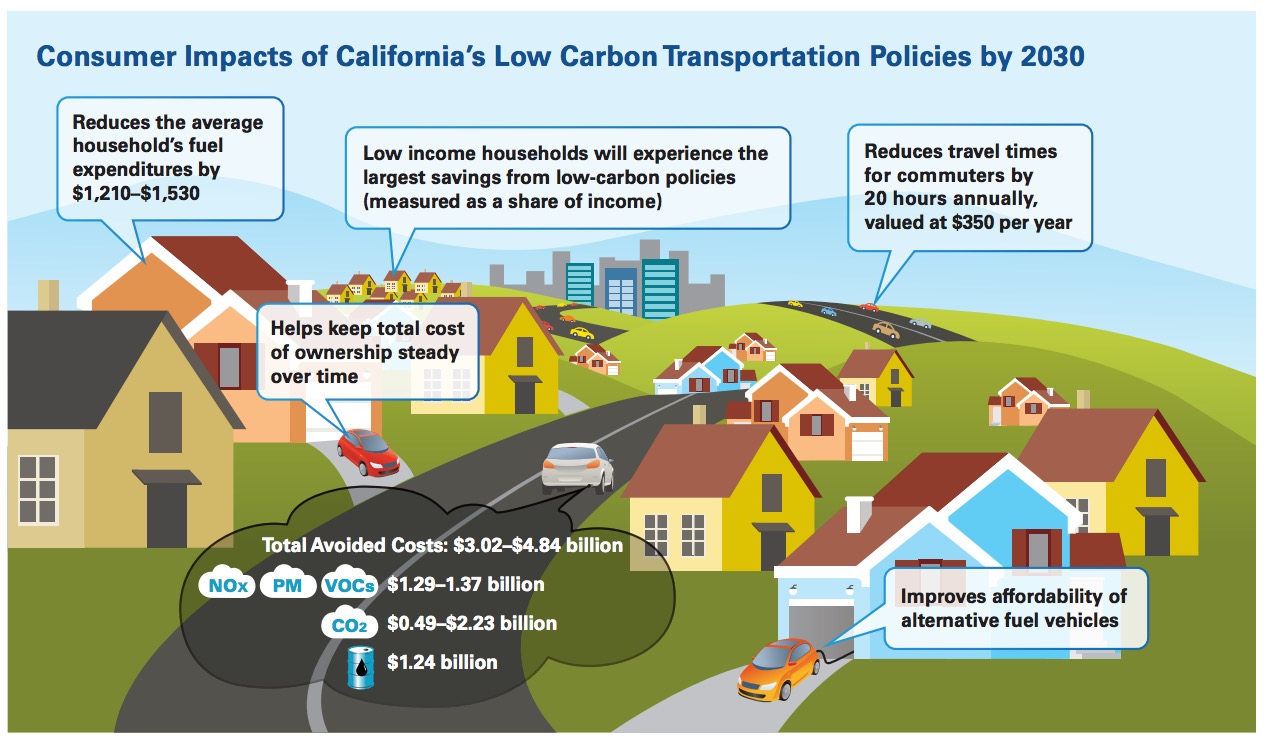

 RSS Feed
RSS Feed